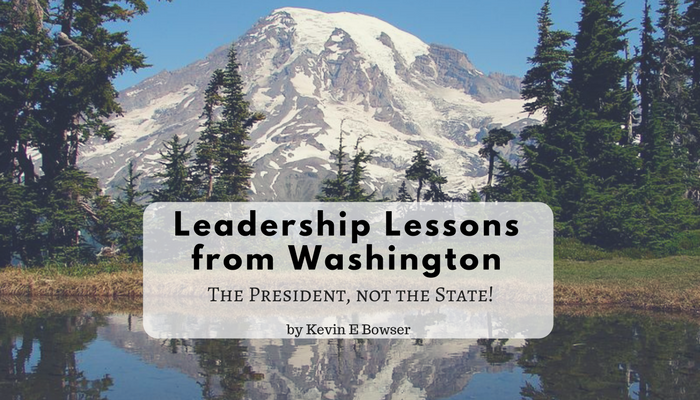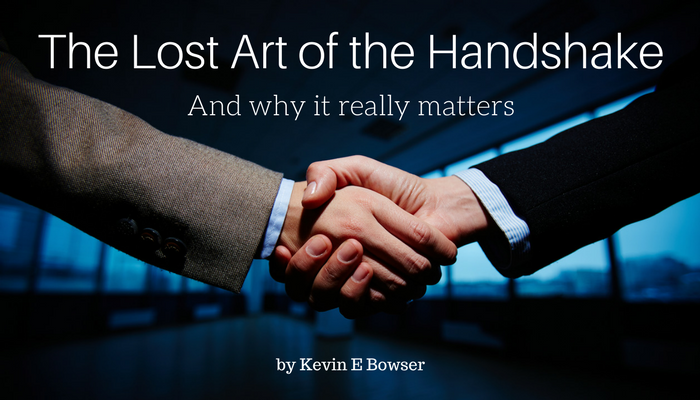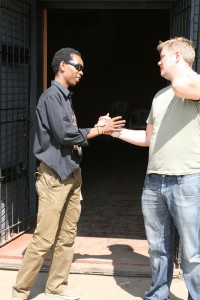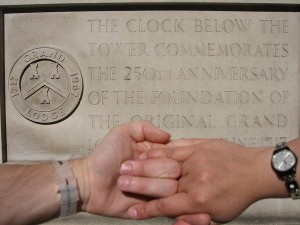I am enjoying a little respite from the hazy, hot, and humid Summer in Houston, TX. And my beloved bride found an inexpensive getaway to Oregon and Washington. Besides Lewis and Clark, we have seen a lot of profiles of George Washington’s face on many road and highway markers. And that reminded me of some thoughts I had a few years ago on leadership lessons we could learn from General, and later, President George Washington.
We, who live in the United States, have studied George Washington since first grade. We think we know a lot about him. But I am not sure that what we think we know is really historically accurate. I hope that there is more to George Washington than that silver dollar and that cherry tree.
Washington was many things. And most of all he was indeed a leader. He was the ideal man to lead the newly formed American Continental Army and then later to lead the newly formed United States as the nation’s first president. He developed his leadership skills from an early age and he had a distinguished military career. He further honed them as a businessman and entrepreneur. Those leadership skills and abilities made him the wealthiest man in America by many calculations. And his leadership was ultimately tested in his later military career as he took a rag-tag militia and forced the greatest military in the world into surrender. But his testing and trials were not over as the nation elected him to be the very first president.
What can we learn from George Washington?
What can we learn from Washington’s leadership style and skills? Several things come to mind for me today. Consider the following.
Click here to read the rest of the article »















